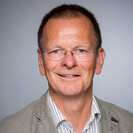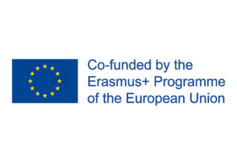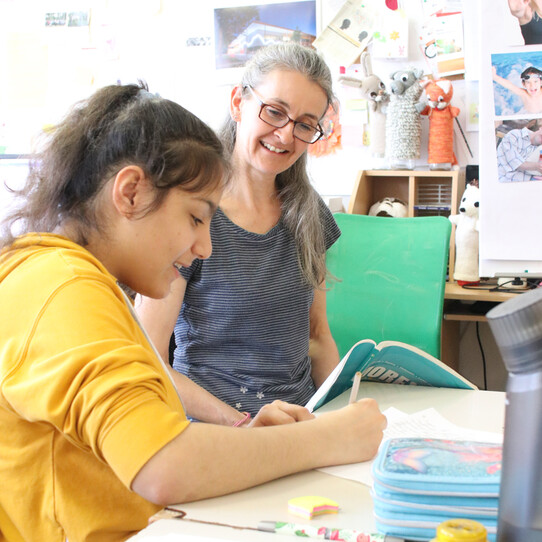Inclusive Family Education - About the project
The proposed project will be implemented by 6 European NGOs and a regional Ministry from 6 EU Member States active in the field of social work and policy, particularly in family education and counselling. In order to successfully attain the social and inclusion objectives of EU 2020 the Partners will exchange information on their practices and strategies for fighting poverty innovatively and critically assess achievements from a European perspective.
Methods used will focus on cooperative learning and mutual assessment, discussions with specialists, workshops and cross-border transfer of know-how. Activities comprise local/regional workshops with disadvantaged/poor families on the issues if poverty and social exclusion in order to give them a voice in the EU 2020 debate and to enhance active citizenship and participation in all spheres of social, political and economic life.
Additionally, the partners will organise regional or local forums with relevant stakeholders from politics, administration and education, in order to discuss the contents of the Europe 2020 strategy and to explore how the strategic objectives can influence specific politics designed for families on site. At transnational level, there will be six partner meetings in all partner locations order to Exchange good practice on the following issues:
- What is the significance of the family in Europe today and with regard to the economic crisis and
how can family support and education concepts be designed in a manner that provides effective
information, promotion and support to families, in particular those from disadvantaged parts of
society? - What information, education and support can be provided to improve poor families’ financial
insecurity? - What educational offers and support can be successful to improve practical life skills, enhance key
competencies and foster resilience? - What concepts can be provided to improve work-life balance and strengthen women within the
family, as they traditionally have to shoulder the biggest burden and their wellbeing has direct
impact on their children? - How can we come up with family education concepts that motivate families to actively participate
in local societies and to contribute their ideas to family policy discussions in order to ensure that
their interests are effectively represented? - What is the meaning of the Europe 2020 strategy for educational work with and integration aid for
disadvantaged families and how can it be transferred to specific politics?
The project will increase awareness and knowledge about the challenges which families - and notably with fewer opportunities - are facing in the light of the current financial and employment crisis in the EU.
Partners want to place more emphasis on the family education and family policy in relation to the Europe 2020 strategy and increase knowledge the different national frameworks that are in place and the latest developments through transnational exchange and dialogue.
Sharing of good practice at transnational level will also provide innovative formats and methods for non-formal learning and low-threshold community programmes helping to overcome the vicious circle of poverty and social exclusion.
Exchange of good practice and cooperation will support partners and other social service Providers to come up with concepts for socially disadvantaged families and children that manage to reach these groups and provide them with effective support. The project will increase public understanding that the fight against poverty and the improvement of living conditions for poor families are urgent issues in all EU Member States.
In the medium term, the capacities of NGOs to address the depth of the family crisis in the EU will increase and good practices will be scaled up at both the national and international levels ensuring a real impact of interventions. This will help to reduce the risk of poverty and contribute to improved equality, social cohesion and inclusive growth as stipulated in the EU 2020 strategy.

Andreas Sellner
Project Coordination

Ulrich Förster
Project Coordination

Barbara Schinnerl MA
Website Admin


